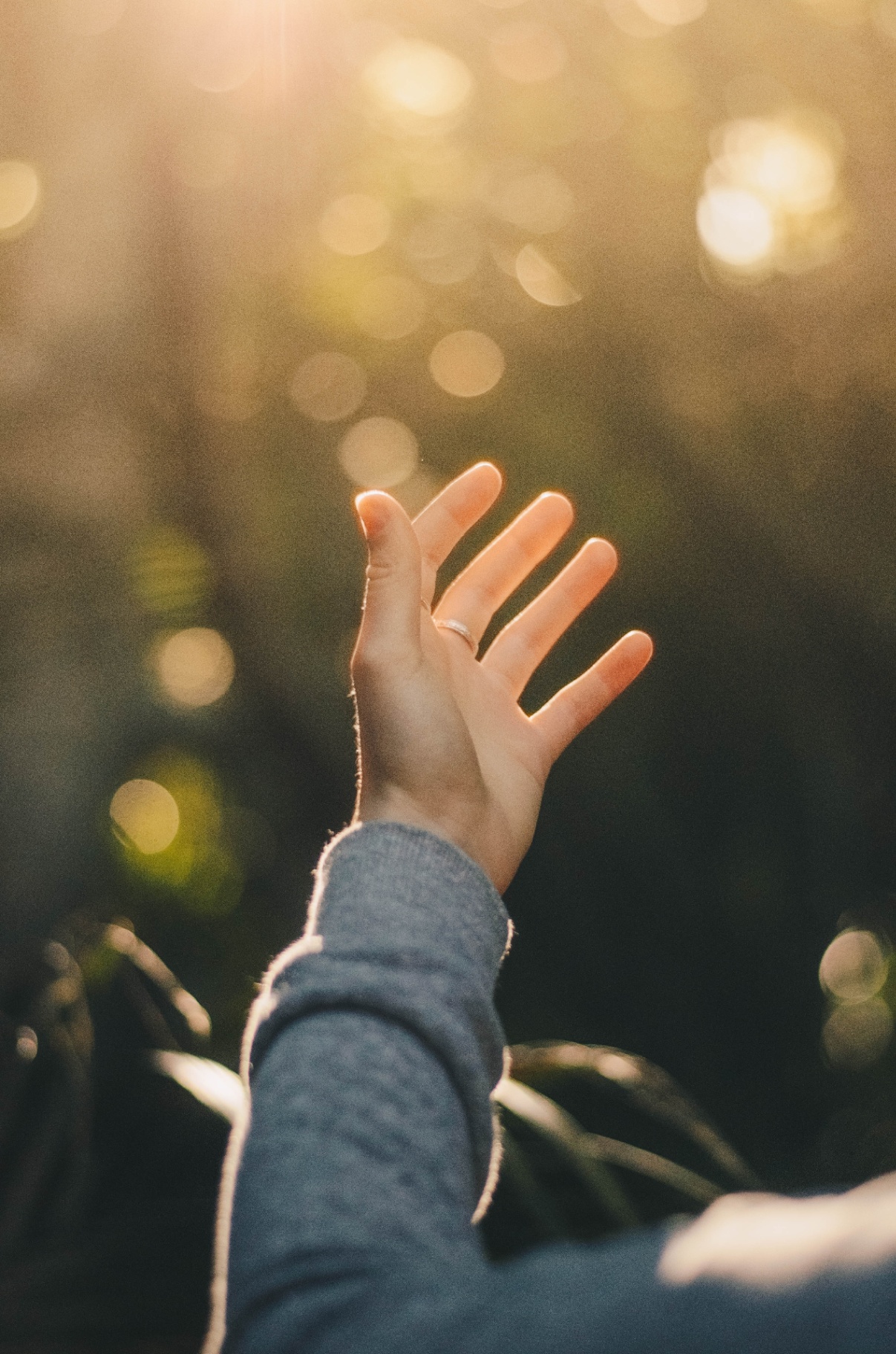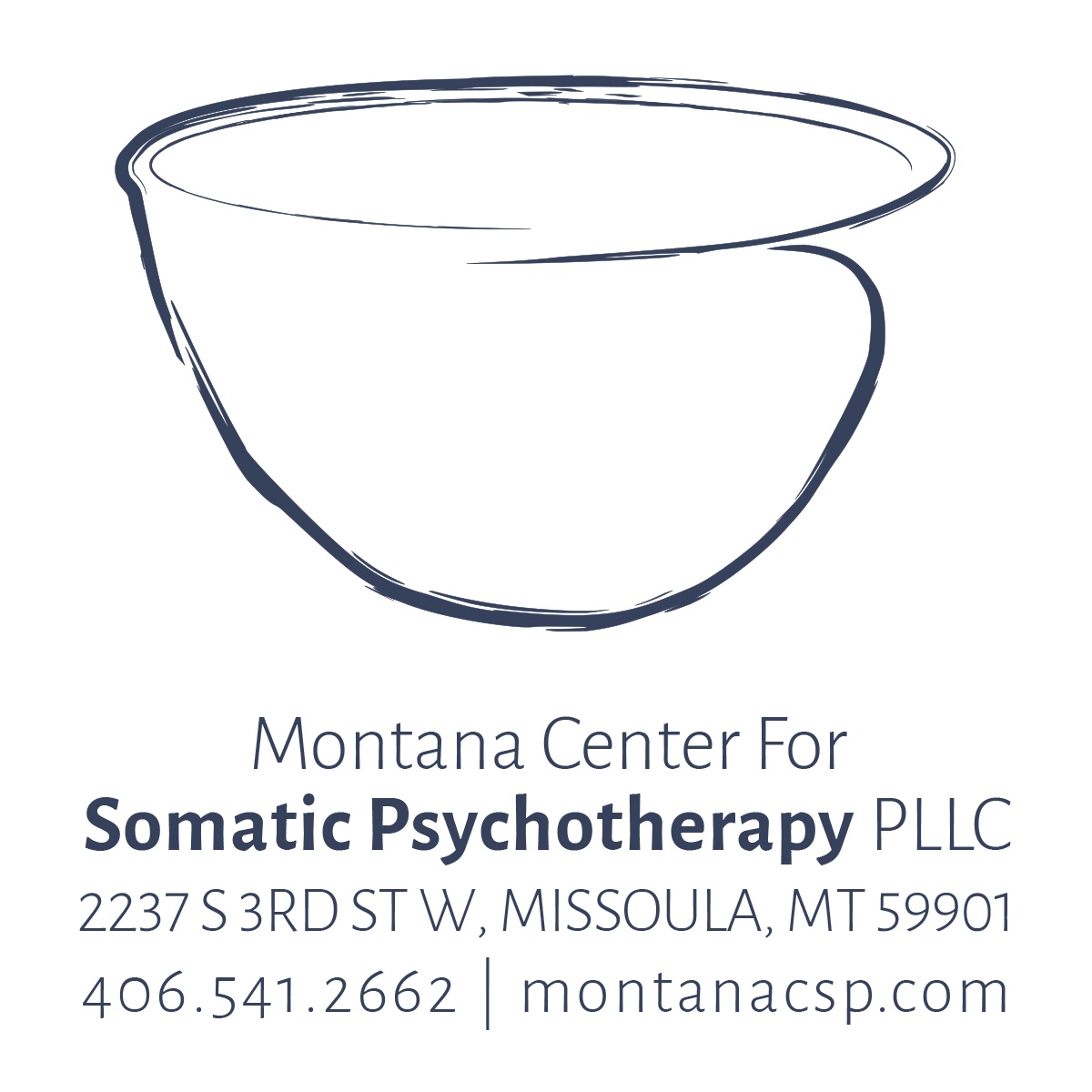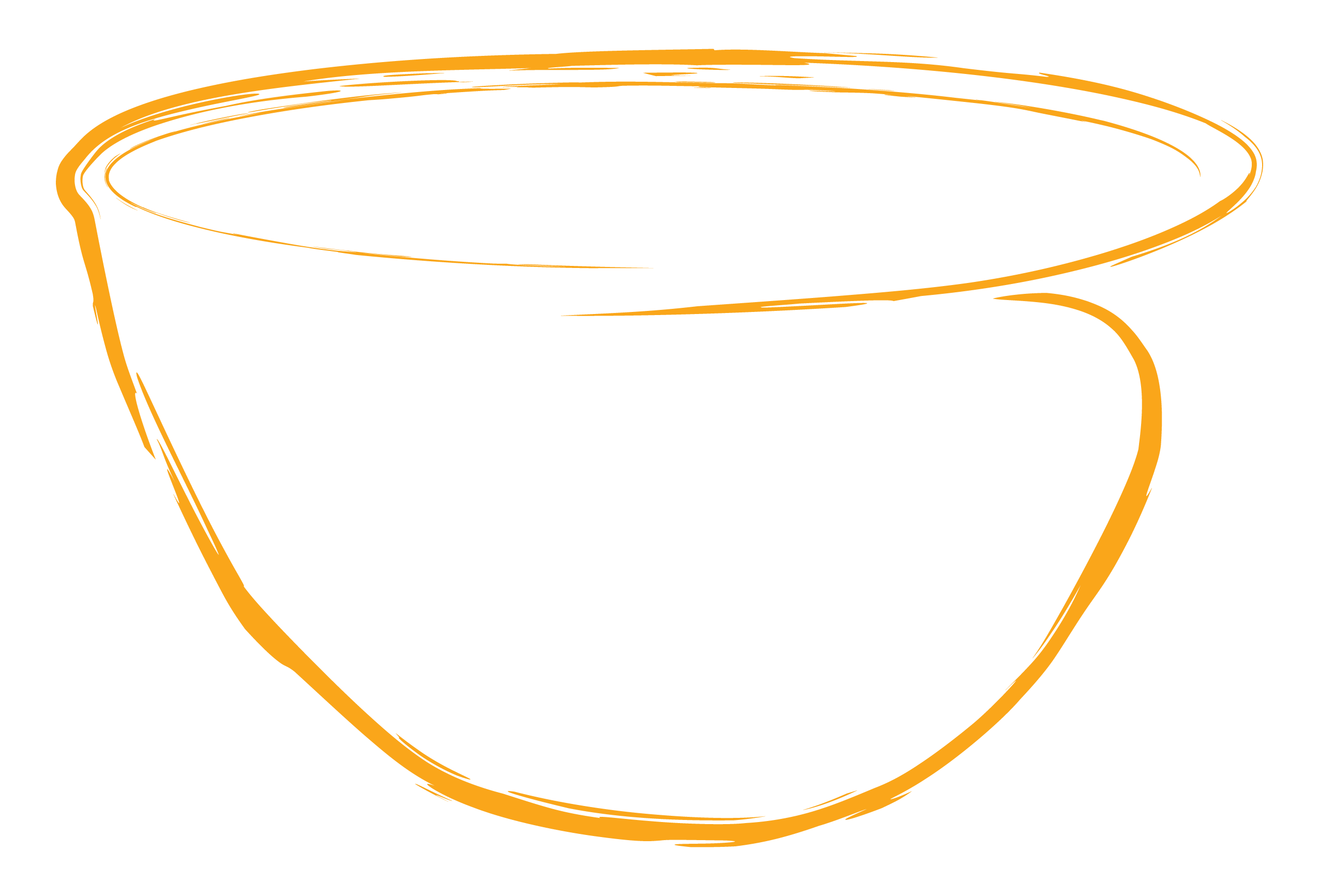Moving towards Gratitude

Hello, This is Resources for Resilience, where we dig into what creates resilience in our minds, our hearts, and our bodies. My name is Hillary Welzenbach, I run Montana Center for Somatic Psychotherapy in Missoula Montana and offer Sensorimotor Psychotherapy, and Authentic Movement. You can find this content in our podcast as well called Resources for Resilience.
Resilience, what do we mean by this term. Resilience is used in the literature for individuals, ecology, economics, communities, organizations, national security and more. Today we will look at some thoughts from “THE CONCEPT OF RESILIENCE Understanding its Origins, Meaning and Utility A strawman paper by Alastair McAslan Director of the Torrens Resilience Institute, Adelaide, Australia 14 March 2010” In this paper they discuss that Norris et al. (2009) suggest there are 6 categories of reaction of adults to trauma or severe stress.
1.) Resistance, where an individual has no, or at least very little, negative reaction to a disruptive event;
2.)Resilience, where the individual may experience some negative reaction, then returns to the pre-event functioning;
3.)Recovery involves a period of dysfunction lasting several months or more, followed by a gradual return to pre-event functioning;
4.)Relapsing/remitting, in which symptoms display a cyclical course;
5.)Delayed dysfunction, in which post-traumatic stress disorder (PTSD) or some other trauma-related disorder emerges after considerable time has passed; and
6.)Chronic dysfunction, where PTSD or some other trauma-related disorder persists.
It is important to note that there are many possibilities of how an individual will respond to ongoing stress. The goal of the practice in this series is to help people who are in any category of reaction begin to encourage their nervous system to enter a state of regulation and enough calm for their body, mind and heart to return to pre-event functioning. McAslan in his paper suggests that all definitions of resilience include a cause-Threats and events, an outcome-Positive outcomes, a change in behavior- Being prepared, a purpose- Desire/commitment to survive, the capacity to be flexible- Adaptability, learning on the fly-Gaining experience, connection-Collective and coordinated response – interdependency
There are many qualities and personality traits that promote resilience. In this series we are focusing on Vulnerability, Productive Perseverance, Connection, Gratitude, Generosity, and Possibility. Last week we looked at Connection. Today we will talk about Gratitude..
Experiencing and expressing gratitude improves our mental health. Joshua Brown and Joel Wong did a study on augmenting psychotherapy with writing gratitude letters. In their study, participants who wrote gratitude letters had significantly better mental health 3 months after writing the letter. Their takeaways were:
1.)Gratitude unshakles us from negative emotions.
2.) Gratitude helps even if you don’t share it- They told participants they could share their letter or not. I did not seem to effect the positive mental health benefit if the participant shared the letter or not.
3.)The benefits of gratitude take time. People felt not much different a week after writing the letter, somewhat better 4 weeks later and quite a bit better 12 weeks later.
4.)Gratitude has lasting effects on the brain. 12 weeks after writing the letter they did fMRI’s on participants and found more activity in areas for learning and decision making than the control group.
“In order to be happy we must first possess inner contentment; and inner contentment doesn’t come from having all we want; but rather from wanting and appreciating being grateful for all we have.”- The Dalai Lama
So lets put this into practice. For our practice today I would like to encourage you to go outside and take a Gratitude Walk. If you have limited mobility, please modify by using a wheelchair, or balance aids, or choosing to just sit outside rather than walk. If for some reason it is impossible to go outside, please go and practice in front of a window. Please feel free to get your shoes on and whatever clothing for your practice. Please also bring something small that you can eat, some raisins, a cracker, some chocolate, a piece of fruit, some nuts anything that is a couple of bites of food and can fit in your pocket without making a mess.
So now that you are ready, please head outside. The first thing I would like you to do is to pause, stop moving, close your eyes and take a deep breath. What do you smell? Can you find any words to describe the smells you smell? Can you name at least 3 things that you are grateful for that you smell? Let yourself name them for yourself.
Now lets open our eyes. Let yourself begin to walk slowly. Take in the world around you. Allow your eyes to focus, and then come to soft focus where you are not really focusing on anything in particular but just letting the world come to you, and come back to focus, and come back to soft focus. Let yourself look around the world you are in. Name the colors, textures and shapes you see. Take a deep breath as you name 3 things that you see that you feel grateful for.
Now please grab your snack. Take a moment to look at your snack. Name the colors you see, the texture, the shape, and any associations you may have with this yummy snack. Allow yourself to put the snack in your mouth without chewing it. Let yourself feel the texture and taste in your mouth now. Slowly chew your food. Does the texture change as you chew? Does the taste change as you chew? As you swallow allow yourself to feel the sensation of the food moving from your mouth to your stomach. Take a deep breath. Name three things about the taste experience that you are grateful for.
As you continue to walk slowly, now I invite you to pay attention to what you hear. Can you name the sounds that you hear? What is out there? Are there loud sounds? Are there quiet sounds? Are there constant sounds? Are there intermittent sounds? Are there sounds from humans? Are there sounds from animals? Are there sounds from the weather? Take a deep breath. Name three sounds that you feel grateful for.
Continuing to walk, notice the sensations you have on your skin. Is the air brushing your hands and face as you walk? Can you feel the contact of your feet on the ground? Can you feel your clothing on your body? Is there any other touch sensation you feel now? Is there anything in the environment you want to touch? If so go ahead and do that. Take a deep breath. Name three touch sensations you are grateful for.
We are still walking. Now, please think about the people in your life. Your family, your friends, if you have coworkers, if you have neighbors, if you have people you see in your community, if you have people who are important to you who you don’t often see, if there are people who are important to you who you never see. Let yourself feel the gratitude you have for all these connections to all these people you see often or not often. Take a deep breath. Name three people that you feel grateful for. If you choose to when you get home and are done with this podcast, I invite you to write a letter to one of the people you feel grateful for telling them specific details about what you feel grateful for about them and send it to them.
Now you can choose to go back to where you started your walk if you like or if you want to continue your walk please do.
Here is a poem to ponder as you find your way wherever you are headed now.
The Gift – Mary Oliver
Be still, my soul, and steadfast.
Earth and heaven both are still watching
though time is draining from the clock
and your walk, that was confident and quick,
has become slow.
So, be slow if you must, but let
the heart still play its true part.
Love still as once you loved, deeply
and without patience. Let God and the world
know you are grateful. That the gift has been given.
Today we talked about Gratitude and practiced mindful walking. I hope you found this helpful. I hope to share time with you again next week.
Want further information.? Check out this link
Gratitude Quiz
https://greatergood.berkeley.edu/quizzes/take_quiz/gratitude

